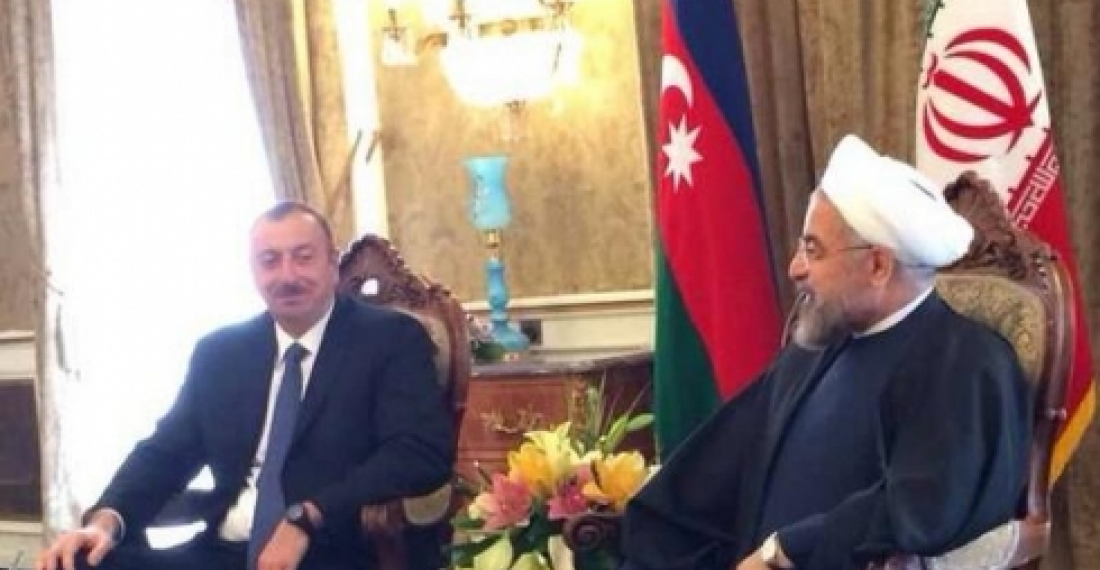Президент Азербайджана Ильхам Алиев находится с официальным визитом в Иране. Сегодня утром он встретился с иранским президентом Хасаном Роухани, а позже встретиться с духовным лидером Ирана, Аятолла Хаменеи.
Политический редактор Commonspace.eu сообщает, что за последние два десятилетия отношения между Ираном и Азербайджаном испытали множество взлетов и падении, но руководство обеих стран пыталось всегда поддерживать хорошие отношения даже в самые трудные моменты. В последнее время отношения стали более стабильными и визит президента Алиева может открыть новую главу в их отношениях. Азербайджан хотел бы видеть в отношениях с Ираном развитие в области торговли. Он также хотел бы видеть больше поддержки со стороны Ирана в его конфликте с Арменией из-за Нагорного Карабаха. Президент Алиев надеется, что реформы, взявшие начало с избранием нового президента Ирана, принесут пользу отношениям между двумя странами, и что более важно сдержат радикальные исламские элементы, которые в прошлом видели в Азербайджане, населенном в основном шиитами, как возможную цель для их деятельности. Со своей стороны Иран тревожило на протяжении многих лет западная и особенно израильская военная и разведывательная деятельность в Азербайджане, которая по его утверждением была направлена против ее интересов.
Независимо от этих и других озабоченностей двух сторон, оба правительства заинтересованы в хороших двусторонних отношениях, а также в постоянном диалоге по таким вопросам, как будущее Каспийского моря. С событиями в Украине, которые превращают Россию в непредсказуемого соседа, Азербайджан особенно будет стремится обеспечить стабильные и доброжелательные отношения с его большим южным соседом.
источник: commonspace.eu
фото: Президент Алиев на встрече с президентом Ирана Роухани в Тегеране, 9 Апреля 2014 (фото любезно предоставлено с Твиттер'а президента Ирана).
Официальный визит Алиева в Иран. Визит может открыть новую главу в отношениях двух стран.
Официальный визит Алиева в Иран. Визит может открыть новую главу в отношениях двух стран.






